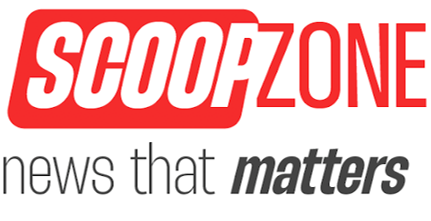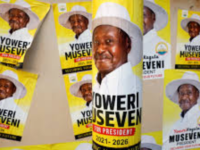Trump Sues New York Times for $15 Billion Over Defamation Claims

President Donald Trump has initiated a massive $15 billion defamation lawsuit against The New York Times, alleging systematic bias and characterizing the publication as a partisan political instrument. The extraordinary damage amount surpasses the newspaper company’s entire market capitalization, representing one of the largest defamation claims in media history.
The legal action targets The New York Times directly, along with book publisher Penguin Random House and four Times journalists. Two of the named reporters authored “Lucky Loser: How Donald Trump Squandered His Father’s Fortune and Created the Illusion of Success,” published by Penguin.
Filed in federal court in Tampa, Florida, the 85-page complaint combines legal allegations with extensive pro-Trump commentary, repeatedly referencing previous litigation against other media organizations while praising presidential achievements.
Legal Strategy and First Amendment Concerns
Constitutional law experts immediately questioned the lawsuit’s viability, noting the substantial burden public figures face in defamation cases. Under established precedent, Trump must demonstrate “actual malice,” proving defendants either knew statements were false or showed reckless disregard for truth.
Floyd Abrams, a prominent First Amendment attorney, characterized the suit as “ridiculous as a matter of law but extraordinarily dangerous as a matter of national policy,” warning it threatens fundamental constitutional principles in unprecedented ways.
The Committee to Protect Journalists expressed concern that such litigation creates “chilling effects” while forcing news organizations into costly, time-consuming legal battles that drain resources from journalism operations.
Media Industry Response and Defense
The New York Times immediately rejected the allegations, stating the lawsuit “lacks any legitimate legal claims and instead is an attempt to stifle and discourage independent reporting.” The publication vowed to continue factual reporting “without fear or favor” despite intimidation attempts.
Times publisher A.G. Sulzberger has consistently warned about what he terms the “anti-press playbook” employed by authoritarian leaders worldwide. Speaking at the Investigative Reporters & Editors anniversary gala hours before the lawsuit announcement, Sulzberger urged media leaders to defend journalism against legal pressure tactics.
The publisher specifically highlighted how civil courts are being “exploited to impose financial pressure” and “punish independent journalists,” calling for industry solidarity against such strategies.
Pattern of Media Litigation
This lawsuit continues Trump’s aggressive legal campaign against major news organizations. Recent settlements with ABC News and Paramount Global’s CBS News resulted in multimillion-dollar payments, concerning journalism advocates who warned that capitulation encourages further litigation.
Media analysts suggest Trump’s primary objectives may include generating publicity and embarrassing news outlets rather than achieving courtroom victories. The strategy appears designed to impose financial strain on media companies regardless of legal outcomes.
Current litigation also targets The Wall Street Journal over reporting about letters involving Jeffrey Epstein. Dow Jones, the Journal’s parent company, expressed confidence in their reporting accuracy and pledged vigorous defense against legal challenges.
Specific Allegations and Evidence Disputes
The lawsuit repeats claims about various reporting incidents, including disputes over birthday correspondence allegedly involving Jeffrey Epstein. Trump continues characterizing such evidence as fabricated despite congressional committee releases of relevant documents.
The Epstein references in the lawsuit could potentially create opportunities for depositions and discovery processes that might prove uncomfortable for the plaintiff, should the case advance through litigation phases.
Editorial endorsements, specifically the Times’ support for Kamala Harris during the 2024 election, are cited as evidence of bias, though legal experts note that editorial positions constitute protected speech rather than defamatory statements.
Constitutional and Democratic Implications
Legal scholars emphasize that this litigation represents broader challenges to press freedom and democratic accountability. The unprecedented scale of damages sought and expansive definition of defamatory conduct could establish concerning precedents for media coverage of public officials.
The timing and scope of these legal actions raise questions about whether litigation is being used strategically to suppress critical journalism rather than address legitimate grievances about factual accuracy.
Media freedom advocates warn that successful intimidation of major publications could have cascading effects throughout the journalism industry, potentially reducing investigative reporting and critical coverage of government activities.









